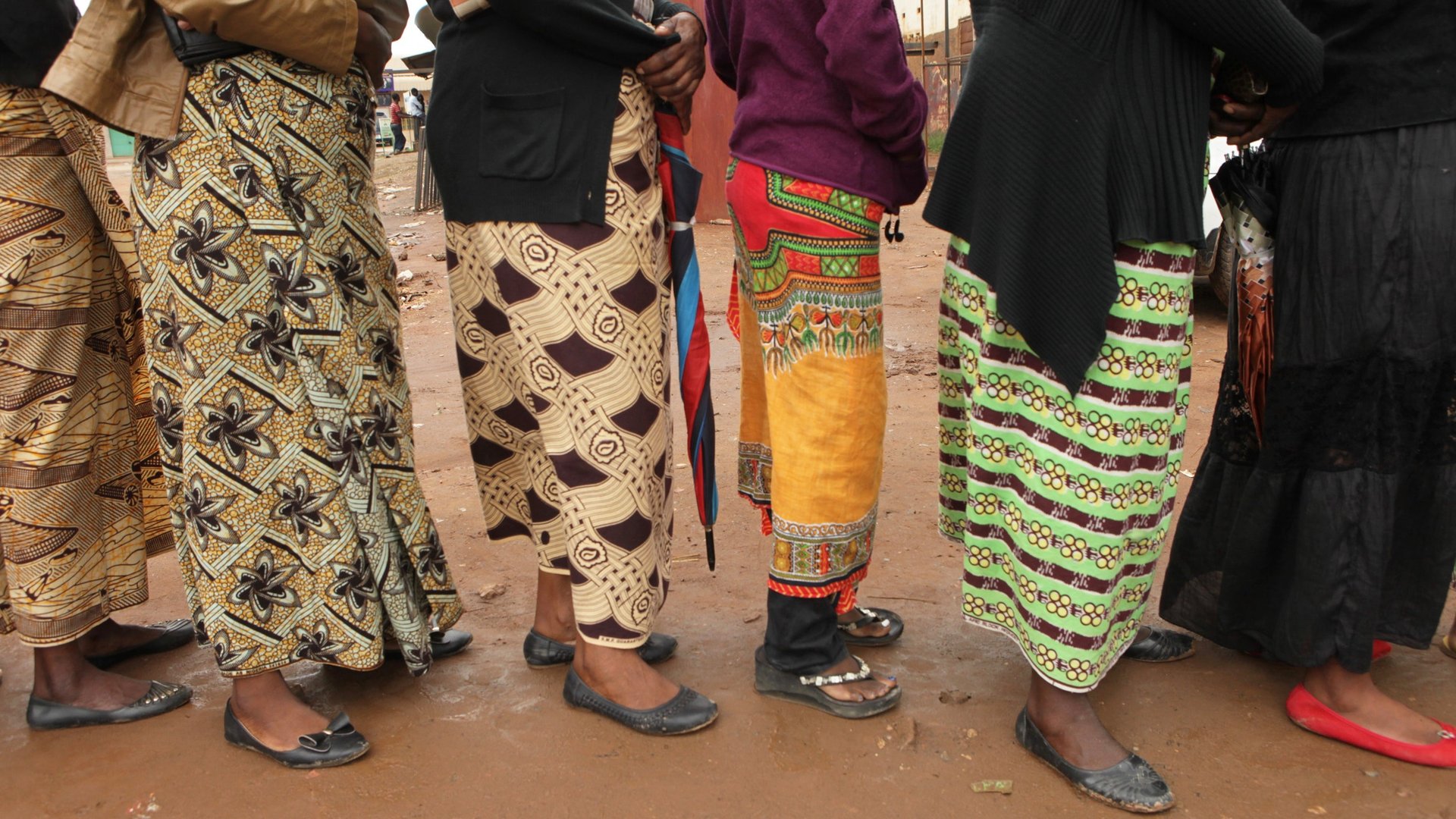Women in Zambia are getting an extra day off per month for period pain
You don’t have to have children to take advantage of Mother’s Day in Zambia. The country now uses the term to refer to a law that allows women the day off when the symptoms of menstruation become too painful. In effect for a year, the law’s consequences are sparking debate about women in the workplace and how to create a gender-sensitive work environment.


You don’t have to have children to take advantage of Mother’s Day in Zambia. The country now uses the term to refer to a law that allows women the day off when the symptoms of menstruation become too painful. In effect for a year, the law’s consequences are sparking debate about women in the workplace and how to create a gender-sensitive work environment.
In China, women in Ningxia province are allowed to take two days off for period pain, and a company in the UK encourages women to build their work schedule around their menstrual cycle, but Zambia is ahead of many nations with the new law. It’s part of the country’s efforts to make the national labor market friendlier to women. The laws included 12 weeks paid maternity leave for employees who have been with a company at least two years. The new provisions allowed all women to stay away one day a month, without explanation and without eating into allotted vacation time.
Many women, however, are still divided on the issue:
“It helps me to manage my physiological needs (and) I think it’s very important that I always endorse it,” Shupe Luchembe, a 36-year-old mother of three and civil servant told AFP.
“You can take whatever painkillers but end up in bed the whole day,” Ndekela Mazimba, who works in public relations and welcomes the law, told the BBC. Mazimba’s boss Justin Mukosa agrees: “Productivity is not only about the person being in the office. It should basically hinge on the output of that person.”
“I think women take advantage of that, especially that there’s no way of proving that you are on your menses or not,” said Mutinta Musokotwane-Chikopela, a working mother of three who thinks Zambians have too many holidays already.
“Imagine a company that has a number of employees and six or seven take Mother’s Day on the same day. What will happen to productivity?” asked Harrington Chibanda, head of the Zambia Federation of Employers. Women found taking advantage of the law have been fired, according to the labor minister.
The disagreement is bringing gender issues into the public conversation. Despite this progressive law and efforts like the establishment of a ministry of gender, and a push for more women in government, there are lingering challenges like high rates of domestic violence and child marriage.